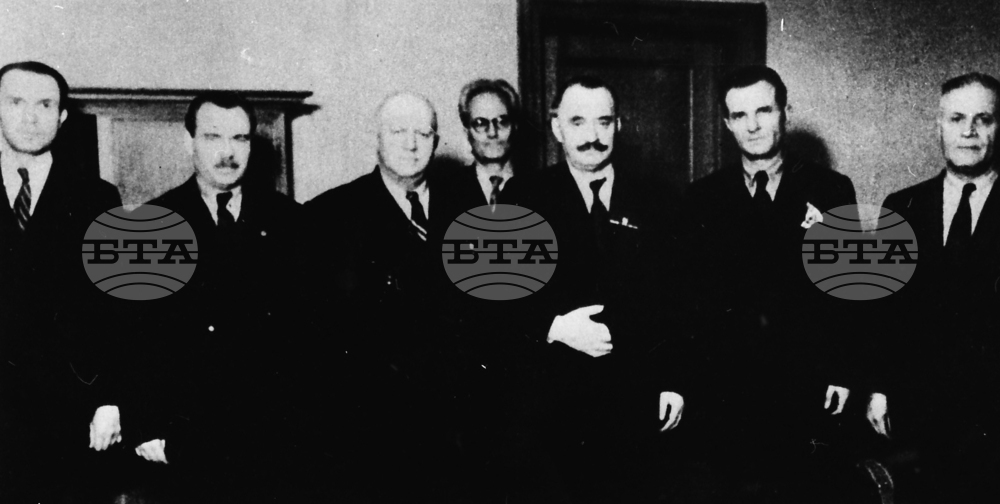site.btaSeptember 13, 1923: Communist-led September Uprising Breaks Out in Maglizh


On September 13, 1923, a Communist-led September Uprising broke out in the central Bulgarian village of Maglizh near Kazanlak. It was followed by riots across the country organised by the Bulgarian Communist Party (Narrow Socialists) in implementation of the decision of the enlarged plenum of the Executive Committee of the Communist International (June 12-24,1923) to establish workers-peasants power in Bulgaria.
On the night of June 8-9, 1923, a coup d'état took place in Bulgaria, removing the government of the Bulgarian Agrarian National Union led by Alexander Stamboliyski and replacing it with a cabinet headed by Prof. Alexander Tsankov. After receiving information about a planned uprising on September 12 and 13, mass arrests of communists were carried out throughout the country, leading to spontaneous outbreaks of riots in various places.
The first riots were organised on September 13-14 by communists in the village of Maglizh. On September 20, a meeting of the Central Committee of the Bulgarian Communist Party (BCP) was convened, at which a decision was taken to declare the uprising on September 22-23. A General Staff was formed, including Vasil Kolarov, Georgi Dimitrov, and Gavril Genov. On September 23, the town of Ferdinand (today's Montana, Northwestern Bulgaria) was captured, and on September 25, the village of Boychinovtsi. In the following days, most of the settlements in Northwestern Bulgaria also rose up. In many parts of Bulgaria, riots broke out on a limited scale.
The Alexander Tsankov Government declared martial law on September 22 and mobilised 3,000 reserve officers and non-commissioned officers to deal with the riots. On September 26, the rioters advanced towards Vratsa (Northwestern Bulgaria), but were defeated near the village of Brusartsi by units of the Vidin Garrison. On September 27, the town of Ferdinand fell.
The riots were suppressed by September 30 by government troops and specially formed volunteer detachments. According to official government figures, about 5,000 people were killed. Vasil Kolarov, Georgi Dimitrov, and a number of participants in the uprising emigrated to Yugoslavia.
/DS/
news.modal.header
news.modal.text